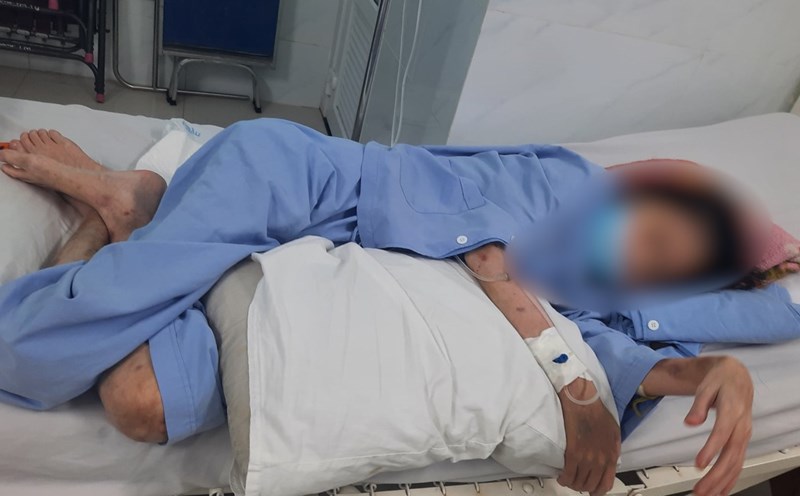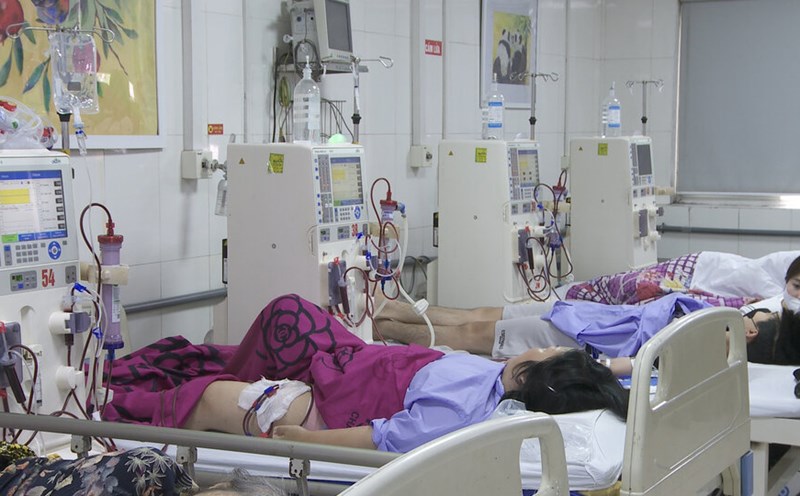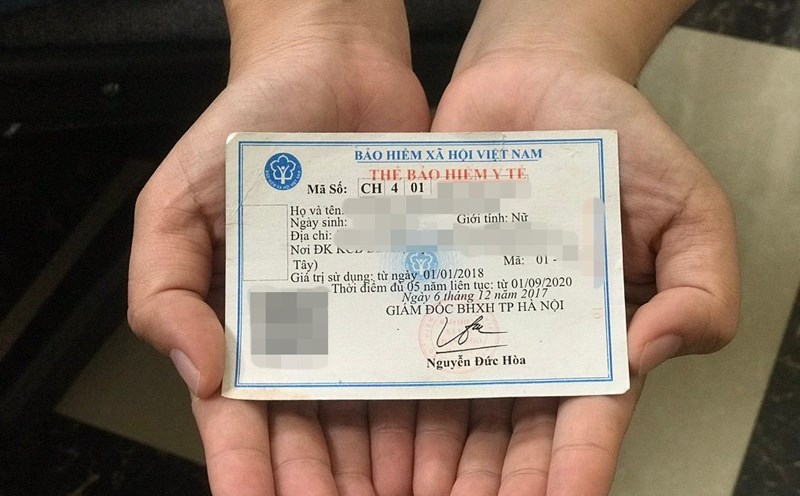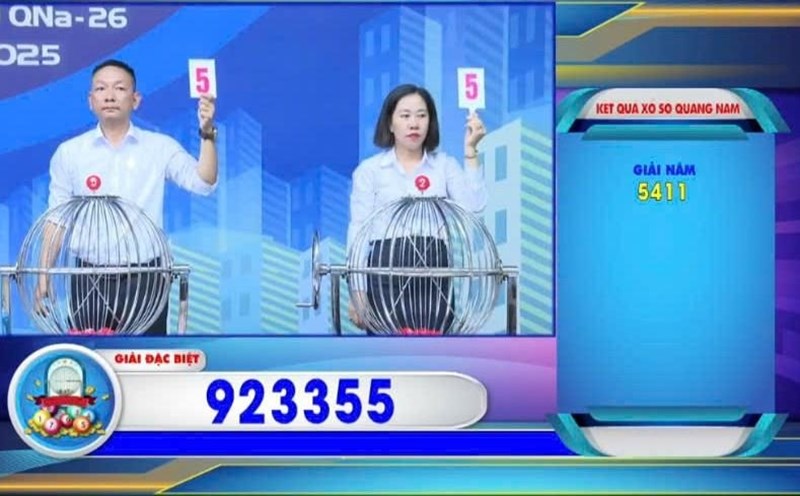At the age of 30, many people still think they are healthy, never imagining the prospect of having to have a blood filtration for life or waiting for a kidney transplant.
Earlier this year, Mr. T began to suffer from chronic insomnia. Although he was very tired during the day, he stayed up all night. Nausea occurs frequently, taste changes, and eating is not as delicious. He thought he only had digestive disorders due to work pressure, so he did not go to the doctor.
Only when the symptoms became severe, he felt continuous nausea and tired, did he go to the hospital for a general check-up. After blood, urine, ultrasound tests and kidney function measurements, the doctor informed him of end-stage chronic kidney failure. At this time, there are only two treatment options: regular blood filtration or kidney transplantation. He was stunned - never thinking that this disease would hit him at a very young age.
Dr. Nghiem Trung Dung - Director of the Center for Nephrology and Blood Leakage, Bach Mai Hospital, said: the signs of nausea, insomnia, and changes in taste buds are actually the consequences of the kidneys losing the ability to filter waste, causing the body to gradually become poisoned. Unfortunately, the patient has had warning signals since 2020, when periodic health tests detected urinary protein - an early sign of kidney damage. In 2022, the situation of tieu tieu thu became more obvious, urine was foaming and dissolved. Although advised to monitor and treat, the patient only took the medicine in batches, did not review regularly and did not maintain a strict diet.
Dr. Nghiem Trung Dung said that chronic kidney disease progresses silently, and it is difficult to detect in the early stages if not checked periodically. The center receives 30-40 new cases of kidney failure every day, many of which are still very young, at the most active working age. Many people who come to the hospital for the first time were forced to have their blood filtered immediately.
Late detection of the disease not only shortens the time for conservative treatment but also increases costs, reducing the chance of kidney transplantation. Some people even have relatives willing to donate their kidneys but cannot get a transplant due to complications of severe heart failure.
Experts warn that an unscientific lifestyle - eating a lot of salt, eating fast food, drinking drinks of unknown origin, staying up late, and being sedentary - is contributing to the increased risk of chronic kidney disease in young people. Late sleep, uncontrolled eating, and laziness are very common habits, leading to metabolic disorders, obesity and leading to many diseases, including kidney failure, Dr. Dung emphasized.









